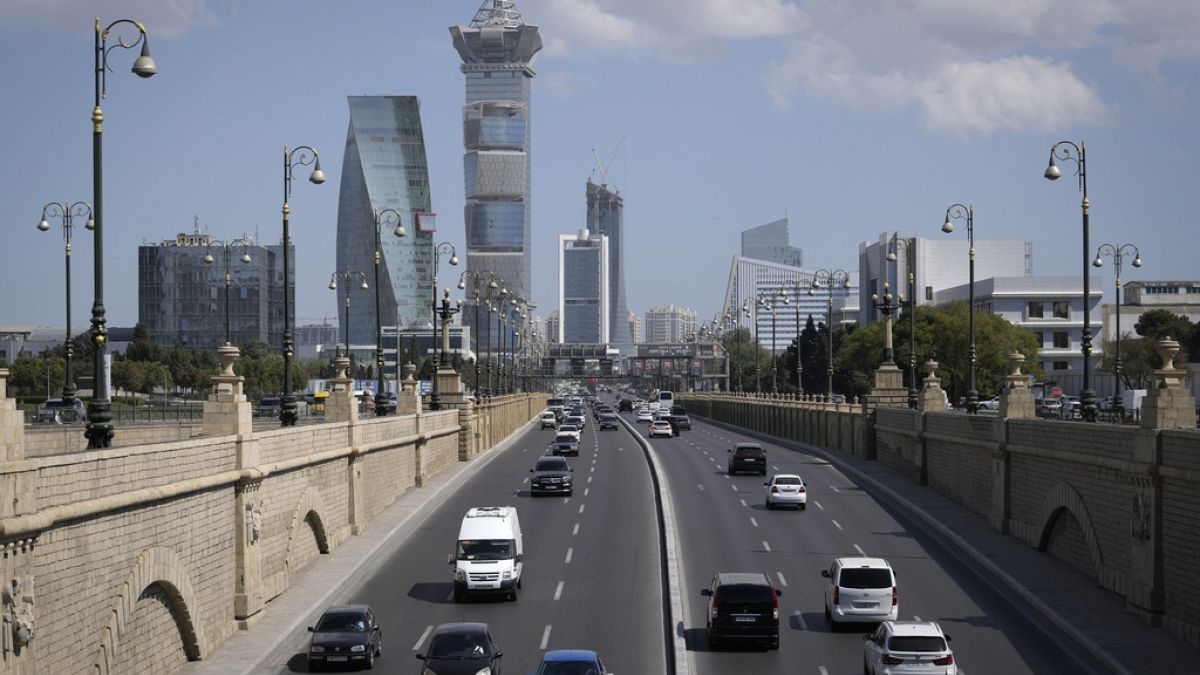With little over a month to go before world leaders gather in Baku, Azerbaijan for the UN climate talks known as COP29, European governments have promised to continue paying their share of an annual $100bn intended to help developing countries cope with climate change.
EU finance ministers on Tuesday reaffirmed they’ll help developing countries bearing the brunt of climate breakdown, and pledged “constructive engagement” in forthcoming UN talks over ramping up funding.
Ministers meeting at an EU Council in Luxembourg expressed concern that 2023 had been “the warmest year on record”, with global average temperatures at 1.45°C above pre-industrial levels, and records broken for ocean heat, rising sea levels and retreating glaciers.
Under the Paris Agreement to tackle global heating, developed countries – which, in this context, means EU member states plus Australia, Canada, Japan, New Zealand, Norway, Switzerland, Turkey, the UK and US – were supposed to ramp up funding for climate action in developing countries to $100 billion (€91bn) a year by 2020.
They only managed to reach that level in 2022, two years after deadline, when the global total came in at $116bn, of which about a quarter was from the EU budget, the European Development Fund and the European Investment Bank.
But the COP29 talks, set to open on 11 November in Baku, Azerbaijan, will likely see a heated debate on a new post-2025 target, known as the ‘new collective quantified goal on climate finance’.
Some parties to the Paris agreement, including the EU, have previously called for more countries to chip in – notably industrial powerhouse and major polluter China.
In response to the Council announcement, the campaign group Greenpeace upbraided European governments for failing to recognise the responsibility of the fossil fuel industry for the climate crisis.
“Extreme climate events are hitting countries all over the world, while big polluters continue to rake in record-breaking profits,” said Lorelei Limousin of Greenpeace EU. “It’s time for governments and the EU to hold them accountable and make them pay for the damage and suffering they cause.”
The global campaign organisation Climate Action Network estimates that developing countries need around $1 trillion a year in transfers from wealthier countries to deal with the effects of climate change, Greenpeace noted, calling on EU negotiators to push for increased finance and taxes on major polluters during the Baku talks.
Ministers responsible for environment and climate policy are due to adopt the EU’s overall position for COP29 at a 14 October meeting.
Read the full article here


